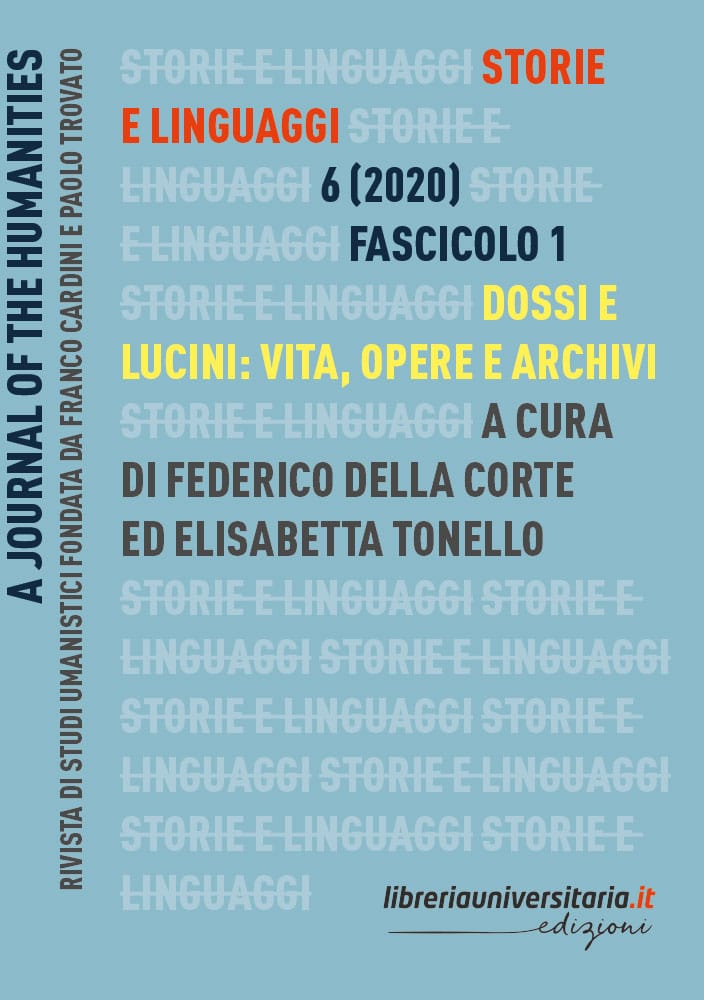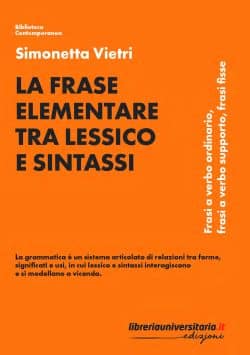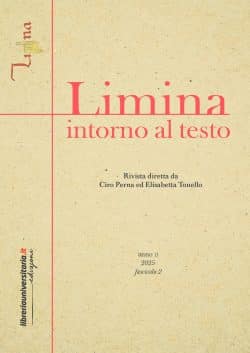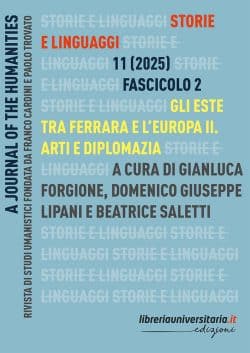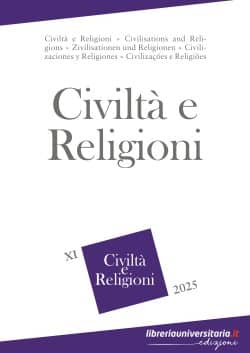Indice
Dante Isella and Carlo Dossi: Reasons for a Long-Standing Critical Attention
This essay analyses the constant critical attention reserved by Dante Isella to Carlo Dossi, the first great writer he studied throughout his intense career. Carlo Dossi is one of the leading exponents of the literary ‘expressionism’ as investigated by Gianfranco Contini, Isella’s illustrious mentor.
Dossi’s mythical autobiographies. Pasqua from Note azzurre to Cronaca Bizantina
Dossi’s writing is openly autobiographical. However, the narration of his life stories is merely literary and follows processes of reduplicatio and variatio. This study examines one of his stated «quasi-autobiografìe», Pasqua, and conducts a comparative analysis of the two versions of the writing, that unpublished from the Note azzurre and that published in «Cronaca Bizantina» in 1884. In this short story, the author does not tell a life story mythicizing it, but tells someone else’s story pretending it is autobiographical. As a result, Dossi’s writing constantly aims at creating an autobiographical myth of his life as a destiny of outsider and loser.
Parallel biographies of Roberto Sacchetti and Carlo Dossi.
The article examines the biographical profiles of Roberto Sacchetti and Carlo Dossi with the aim of comparing two personalities who are characteristically and ideologically very different from each other and yet united by cultural matrices and political trends that have characterized the generational phenomenon of the Scapigliatura. The contribution specifically analyzes the journalistic militancy and editorial choices of the two authors while providing an overall re-reading of the places and a redefinition of the protagonists that characterized the Italian literary society in the second half of the nineteenth century.
“Here I am, as well as ever”. The letters of Giacomo Boni to Carlo Dossi (1889-1907)
The article presents and describes the collection of more than a hundred unpublished letters by the archaeologist Giacomo Boni (1859-1925) to Carlo Dossi (1849-1910) which are kept in the Pisani Dossi Archive in Cardina (Como), still preserved by the heirs of the eccentric diplomat and writer. The letters range from 1889 to 1907 and deal with travel, archaeology, photography and the many interests the two friends shared. Because of the importance of the two figures involved, the discovery and presentation to the public of these letters lead to future studies of the archaeological activity of Carlo Dossi and the role he played in the interest of Giacomo Boni for the Classical Studies.
Notes in the margin of Finale. La palingenesi della donna in Desinenza in A.
Through a reading focused mainly on the final part of the novel Desinenza in A, the essay aims at the reconstruction of two aspects, both the genre or subgenre, through the supernatural categories formulated by Francesco Orlando, and through a stylistic analysis mainly based on the examination of collocations from the syntactic (and rhythmic-syntactic) point of view and the return of recurring rhythmic clauses often entrusted to those collocations (which, inverted, would violate the rhythmic objective): a sign of the complete awareness of the stylistic choice.
“Prevedo che non saremo d’accordo, ma non importa”. Suggestions from the correspondence in Lucini’s Archive (Como Public Library)
The note sent by Prezzolini to Lucini in January 1914 to thank the symbolist poet for the copy of Filosofi Ultimi (Last Philosophers), proves that, a few months before his death, Lucini still planned and proposed some articles for La Voce. In particular, he desired to publish the letters of Corazzini in his possession. Letters which are no longer in the archive, as they have been destroyed during the Second World War, when Lucini’s documents were safeguarded in Turin by the publisher Terenzio Grandi. The negotiations between Grandi and Lucini’s widow for the archive safeguard, to push away those who claimed documents, as Enrico Cardile, or to contain any thefts, until the final sale in 1972 to the Como Library, are recalled in the second part of the article.
“Was Stendhal French or Milanese?” An archive survey on «Stendhal a Milano», with the genetic edition of the essay entitled «Intorno a Stendhal e agli Stendhaliani d’Italia»
At the turn of the 19th century, Milan was the cradle of a growing admiration for Stendhal. Gian Pietro Lucini played a major role in collecting documents regarding Stendhal’s stay in Milan. The Lucini Archive at the Como Municipal Library contains hundreds of documents meant to contribute to a volume – which was never written – devoted to Stendhal’s biography and a critical discussion of his works. Lucini signed a publication contract in 1899 and the volume was announced repeatedly; however, the Archive only contains notes and an essay dealing with the contemporary reception of Stendhal’s works. As noted by Luigi Foscolo Benedetto, those documents do not contribute greatly to the study of Stendhal but are very interesting to gain insight into Lucini’s work method and political ideology.
Poetry and narrative in La solita canzone del Melibeo.
This essay focuses on «La solita canzone del Melibeo» by G.P. Lucini and analyzes the elements of continuity that make this collection of poems a book. Behind the disintegrating impulses of symbolism and the rich and contrasted writing of the poet, one can in fact see a coherent story, which proceeds in orderly stages and which can be reconstructed through the many traces scattered in the lyrics.

